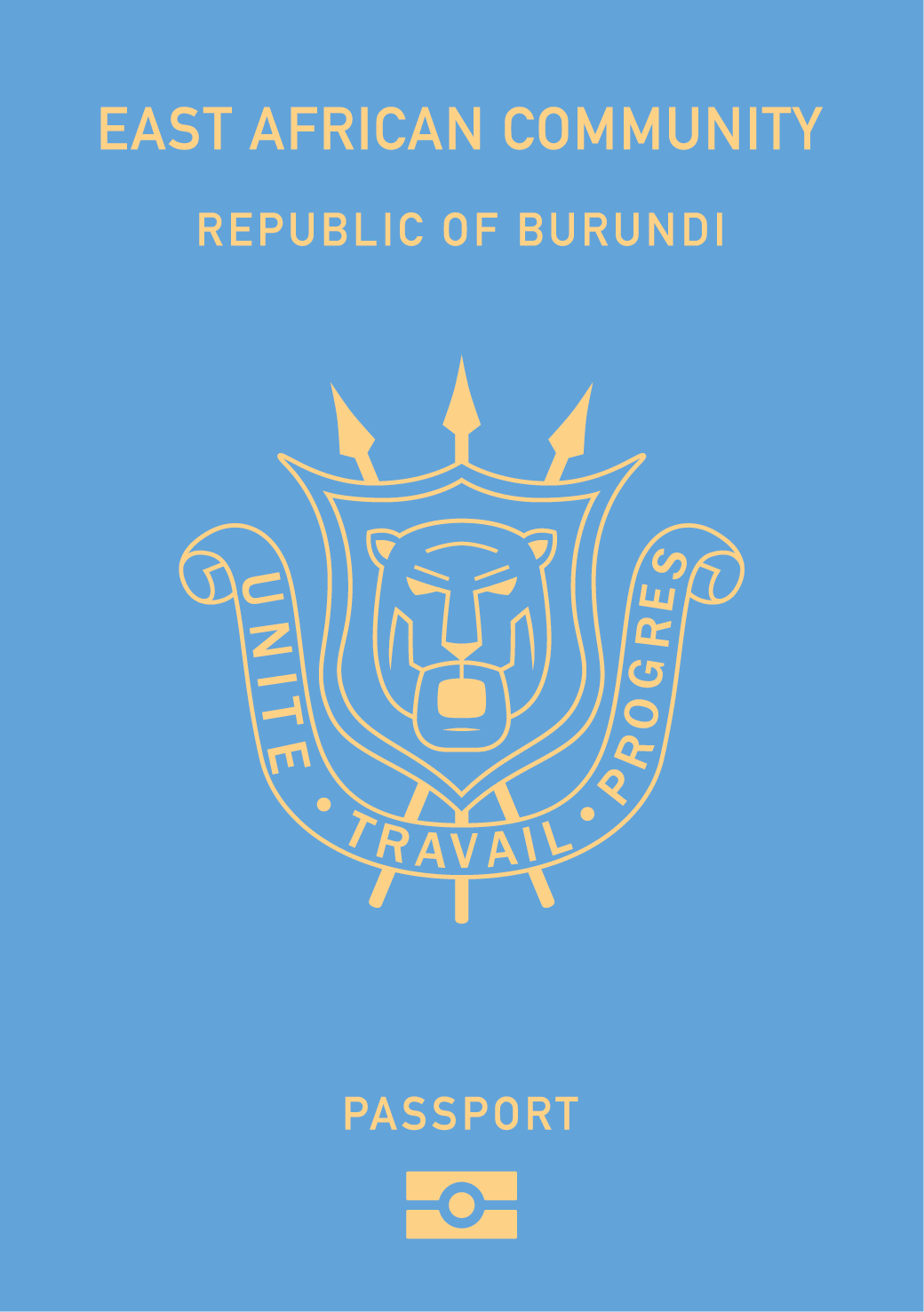Visa free access for Burundi
As a Burundi passport holder, you are permitted to travel visa-free to 49 countries and territories. This data is correct as of September 2024.
In order to travel visa-free, you will need a valid passport, often with at least six months until expiry. Additionally, you may need travel insurance, as required by your destination country.
Within these countries, there is often a separate section in airports where you can submit your Visa on Arrival. You will receive your visa on arrival (VOA) after entering the country that issued the visa.
Acquiring an eVisa follows the same process as applying for a traditional visa. The main difference with an eVisa is that you don’t need to visit a visa application centre. You can submit your application online, including making any payments relating to the visa.
Once the relevant authorities approve your application, you will receive a confirmation email regarding your visa status, along with a document that you must print and bring with you when crossing the border.
You will need a valid visa to enter the 49 countries with a Burundi passport.
About Burundi
Located in the heart of Africa, Burundi is a small, landlocked country known for its picturesque landscapes and rich cultural heritage. With a population of approximately 11.5 million people, Burundi is one of the most densely populated countries in Africa. The official languages are Kirundi, French, and English, reflecting its colonial history.
Burundi’s climate is tropical with wet and dry seasons. Its landscape, dominated by hills and mountains, allows for a mild climate, although temperatures can vary depending on altitude. The country is home to a diverse range of flora and fauna, which contributes to its natural beauty.
The economy of Burundi is predominantly agricultural, with more than 80% of the population engaged in subsistence farming. Coffee and tea are the main export commodities. However, the country faces significant economic challenges, including low infrastructure development and high population density.
Burundian culture is rich in tradition, with music, dance, and drumming playing a significant role. The Burundian drummers, known as “Abatimbo”, have gained worldwide recognition for their rhythmic beats. Despite its tumultuous history, Burundi offers a unique experience of Africa’s heart, with its warm people, vibrant culture, and stunning landscapes.

 Burundi
Burundi
































































































































































































































